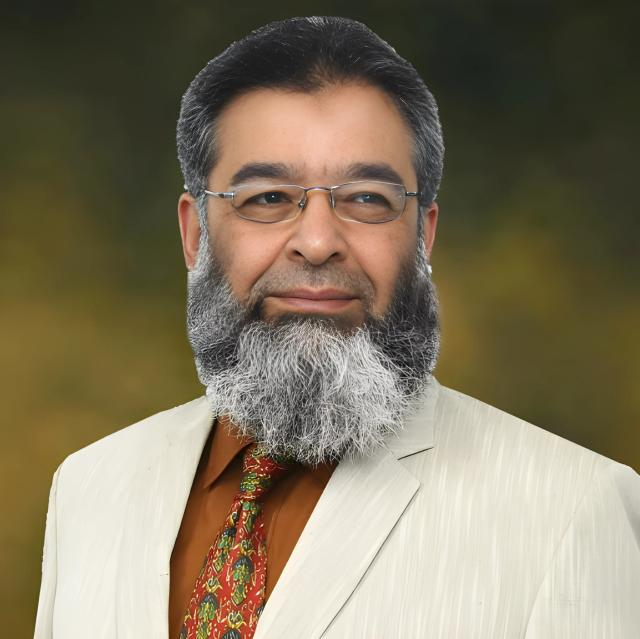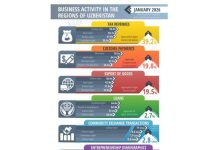by Muhammad Mohsin Iqbal
Pakistan today stands at a turning point in its history, where the eyes of the world now rest upon it not as a struggling state but as a nation reborn in confidence and power. Except perhaps in the cricketing field, this country has been blessed by the Almighty with dignity and success in almost every sphere, including diplomacy and defense. The Qur’an reminds us of an eternal principle: “Indeed, Allah will not change the condition of a people until they change what is in themselves” (Qur’an, 13:11). The remarkable shift in Pakistan’s fortunes in recent times is not accidental but the result of a conscious transformation, rooted in both struggle and sacrifice.
The turning of the tide came on the night of 8 and 9 May 2025, when Operation Banyan Al-Marsoos was launched against Indian provocations. It was not merely a military campaign but a decisive moment in the destiny of the nation. The world had long seen Pakistan as reactive in the face of Indian aggression, yet that night our military leadership turned the tables with a swiftness and precision that astonished even seasoned observers. What was achieved was not just a victory on the battlefield but the fulfillment of a collective dream nurtured since 1947—that Pakistan could defend its sovereignty with both courage and success. For once, the myth of Indian invincibility was shattered, and the world acknowledged the discipline, capability, and resolve of the Pakistani forces.
This triumph redefined our image abroad. The very adversaries who had long sought to paint Pakistan as a failing state were compelled to recognize its strength. Soon after, the Israeli assault on Qatar provided another test, and Pakistan rose to meet it not with silence but with solidarity. Our readiness to defend a fellow Muslim state brought us closer to the Gulf, with Saudi Arabia signing a landmark joint defense agreement with Pakistan. This agreement was not symbolic—it demonstrated that Pakistan was now perceived as the shield of the Islamic world. As the Qur’an promises, “If you support the cause of Allah, He will support you and plant your feet firmly” (Qur’an, 47:7).
Pakistan’s voice at the global stage also grew louder and more credible. At the United Nations General Assembly, our Prime Minister Muhammad Shehbaz Sharif spoke with unusual clarity and force about Gaza, Kashmir, and the cause of Islamic unity. These were not empty speeches; they were backed by diplomatic efforts, aid convoys, and public mobilization. Here, the role of former Senator Mushtaq Ahmed Khan deserves special recognition. By actively joining the Global Freedom Flotilla Movement for Gaza, he linked Pakistan with a wider international campaign of conscience. By stepping onto this perilous path, Mushtaq Ahmed Khan became the first Pakistani former parliamentarian to associate himself with a movement that has symbolized moral defiance against oppression. His presence reminded the world that Pakistan’s solidarity with Palestine was not rhetorical but physical, visible, and active.
In Washington too, Pakistan’s civil and military leadership received rare recognition. Where once there had been mistrust and strained relations, there was now admiration and an acknowledgment of Pakistan’s importance in regional stability. Defense cooperation, intelligence sharing, and trade discussions began touching new heights. It seemed as though decades of uneven relations had entered a fresh chapter.
Yet, amidst these laurels, we must temper pride with prudence. Terrorist networks, often supported by hostile neighbors intelligence agencies, continue to spread fear within our borders. Attacks on our armed forces, sectarian fault lines, and attempts to destabilize our economy are part of a broader campaign to weaken Pakistan from within. It is essential, therefore, that we remain vigilant, refusing to allow external or internal enemies to exploit our unity.
We must also be wary of another danger; manipulation by those within our own circles. History has shown us that not every friendly hand is sincere. Some may seek to use Pakistan’s rising power for their own gain, risking the honor of the nation for fleeting advantages. Thus, the path ahead requires not only courage but also wisdom.
The analysis of Pakistan’s new standing reveals three truths. First, military success alone cannot sustain honor unless it is matched by political stability and economic growth. Second, global recognition is fragile—it must be nurtured by consistent diplomacy, principled foreign policy, and domestic unity. Third, the true test of leadership lies not in achieving victory but in safeguarding it against complacency, arrogance, and internal discord.
Thus, Pakistan’s resurgence today is both a gift and a responsibility. It is a gift from Allah, who has blessed this nation despite its many shortcomings. But it is also a responsibility upon every Pakistani to preserve and advance this dignity. Honor is not preserved by slogans but by deeds—by building stronger institutions, eliminating corruption, fostering education, and ensuring justice.
The world now recognizes Pakistan as a nation of resilience and courage. The question that remains is whether we can recognize ourselves in the same light, and whether we will have the resolve to protect this honor with unity, wisdom, and unwavering faith. If we do, then Pakistan’s future is not only secure but radiant with the promise of greatness.

















